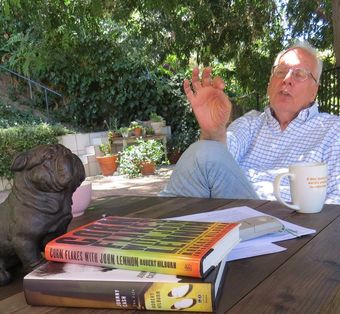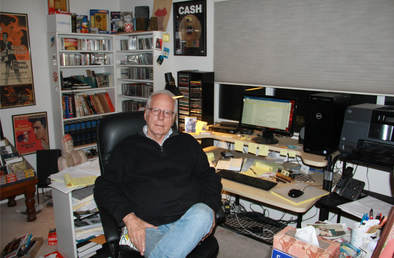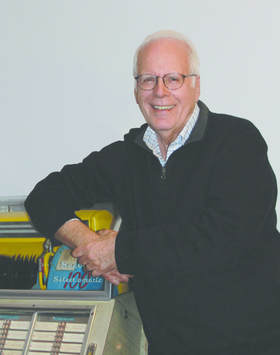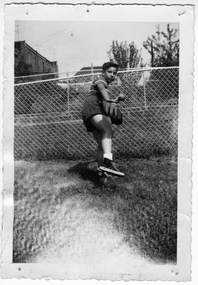Hilburn's Simon Favorites
|
Five Favorite Paul Simon Albums
Chronologically “Bridge Over Troubled Water” (1970)-- There are wonderful individual moments in each of the Simon and Garfunkel albums, but this remains the duo’s ultimate achievement. Looking back, it also shows Simon was moving in so many different directions that it was inevitable he would want to move beyond the early “folk-rock” style and, thus, Garfunkel. Creative highpoint: “The Boxer.”
“There Goes Rhymin’ Simon” (1973)—While Simon’s first post-S&G album gave us enticing hints of Simons new direction, this is the collection in which Simon demonstrated the importance of leaving the restrictions of Simon and Garfunkel. The music ranged from the good-natured hijinks of “Kodachrome” to the classic eloquence of “Something So Right.” ” Highpoint: “American Tune.” “Still Crazy After All These Years” (1975)--Everything about this album, from the songs to the vocals to the arrangements, reflected an artist in peak form. The music was inspiring and the themes revealing. The collection showed he had pretty much mastered the American pop music form, which explains why he would soon move on to an even broader musical canvas. Highpoint: “Still Crazy After All These Years.” “Graceland” (1986). Simon’s masterpiece. The accessibility and charm of the music made the album seem almost easy, but the achievement was extraordinary as Simon blended American and South African pop traditions in ways that gave us something startlingly new, a mix that is likely to influence musicians for generations to come. Highpoint: “Graceland.” “So Beautiful or So What” (2011). This package represents the culmination of everything Simon had learned and found valuable in music and in life. The album mixed pieces of gospel, blues, doo-wop, pop and rock with international percussion touches and songs whose themes sparked with warmth, empathy and passion. Highpoint: “Questions for the Angels.” |
Ten Great Songs and Favorite Lyrics
Chronologically “The Sound of Silence”: And the sign read, The words of the prophets / Are written on the subway walls / And tenement halls / And whispered the sound of silence.
“The Boxer”: In the clearing stands a boxer / And a fighter by his trade / And he carries the reminders / Of every glove that laid him down / Or cut him till he cried out / In his anger and his shame / ‘I am leaving, I am leaving’ / But the fighter still remains. “American Tune”: Oh, we come on the ship they call the Mayflower / We come on the ship that sailed the moon / We come in the age’s most uncertain hours / And sing an American tune. “Something So Right”: Some people never say the words / “I love you” / It’s not their style / To be so bold. / Some people never say those words / “I love you / But like a child, they’re longing to be told.” "Still Crazy After All These Years”: Four in the morning/ Crapped out / Yawning / Longing my life away / I’ll never worry / Why should I? / It’s all gonna fade. “Hearts and Bones”: The arc of a love affair / Waiting to be restored / You take two bodies and you twirl them into one / Their hearts and their bones. “Graceland”: And she said, ‘Losing Love / Is like a window in your heart / Everybody sees you’re blown apart. “The Boy in the Bubble”: These are the days of miracle and wonder / This is the long distance call / The way the camera follows us in slo-mo / The way we look to us all. “Darling Lorraine": All the trees were washed with April rain / And the moon in the meadow / Took darling Lorraine “Questions for the Angels”: If every human on the planet / And all the buildings on it / Should disappear/ Would a zebra grazing in the African Savannah / Care enough to shed one zebra tear? |
Bob on the Radio
|




